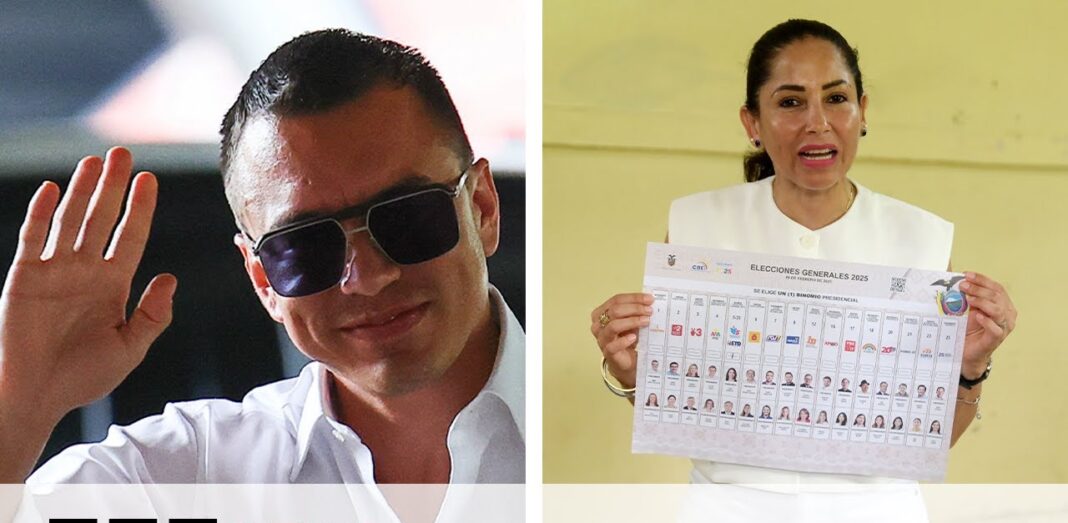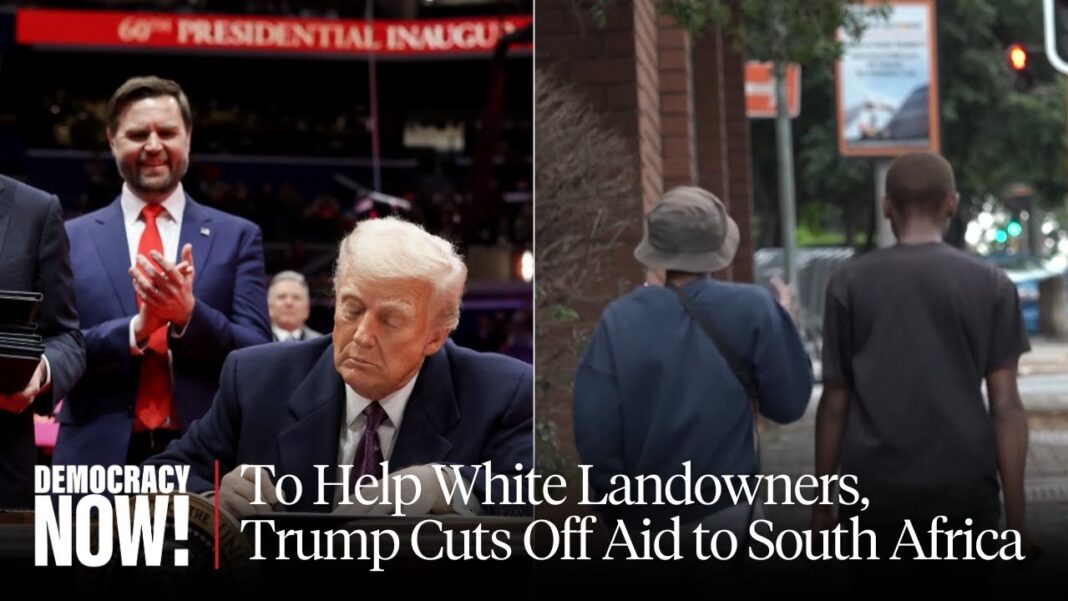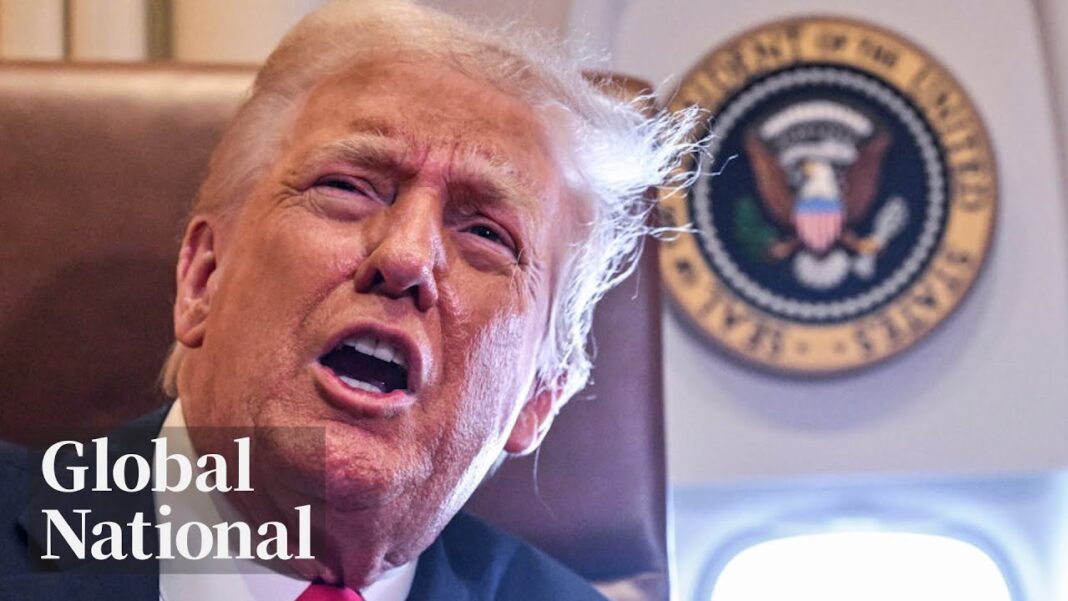Ecuador’s presidential election will go to a second round after no candidate secured an outright majority. The two leading contenders, center-right candidate Daniel Noboa and left-wing challenger Luisa González, are set to face off in April.
Electoral Results and Political Landscape
The election results revealed nearly identical percentages of votes for Noboa and González. Their policy stances, however, differ significantly, influencing Ecuador’s future economic and security trajectory.
Key points from the first round:
- Noboa’s business-friendly approach appeals to pro-market voters.
- González’s left-wing policies align with former president Rafael Correa’s ideology.
- The election reflects divided public sentiment on governance and security.
Contrasting Economic Policies
The candidates present distinct economic strategies:
- Daniel Noboa prioritizes private-sector growth and foreign investment.
- Luisa González supports state-driven economic policies and increased social spending.
Noboa’s policies aim to boost economic liberalization, whereas González seeks to expand public programs.
Security Challenges and Policy Approaches
Rising crime and homicide rates have made security a key election issue.
- Noboa favors a firm stance on crime, reinforcing law enforcement.
- González leans towards social intervention policies to address underlying causes.
The electorate remains divided on whether strict security enforcement or social reform measures will better curb violence.
The Path to the Runoff Election
With no outright winner, both candidates must expand their voter base:
- Noboa needs to broaden support among moderate and conservative voters.
- González must mobilize leftist and undecided voters.
Both campaigns are expected to intensify efforts in the coming months to secure additional backing.
Future Predictions and Strategic Considerations
The runoff election will shape Ecuador’s economic, social, and security policies. Key outcomes could include:
- A market-driven economy under Noboa, attracting foreign investment.
- Expanded social programs under González, increasing state intervention.
- Shifts in Ecuador’s foreign policy, depending on the winner’s ideology.
- Potential security policy transformations, with differing crime prevention strategies.
- Public trust in governance, influenced by the candidates’ campaign rhetoric.
The results will determine Ecuador’s political direction, affecting both regional stability and economic growth.
Disclaimer
This article is based on publicly available reports and expert insights. Electoral outcomes and policy impacts are subject to change as the runoff election unfolds.
Dr. Noah Alvarado is a global economist specializing in international trade policies and macroeconomic analysis. His research has been published in prominent journals.




